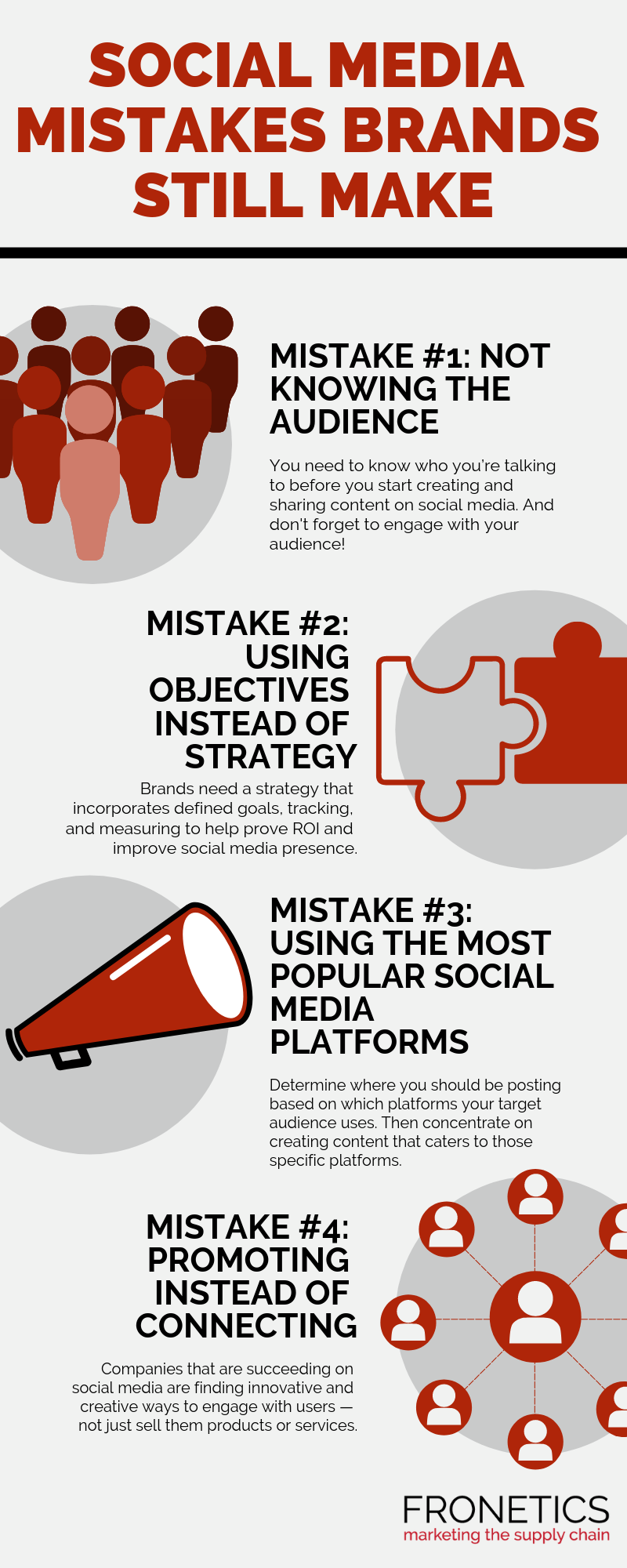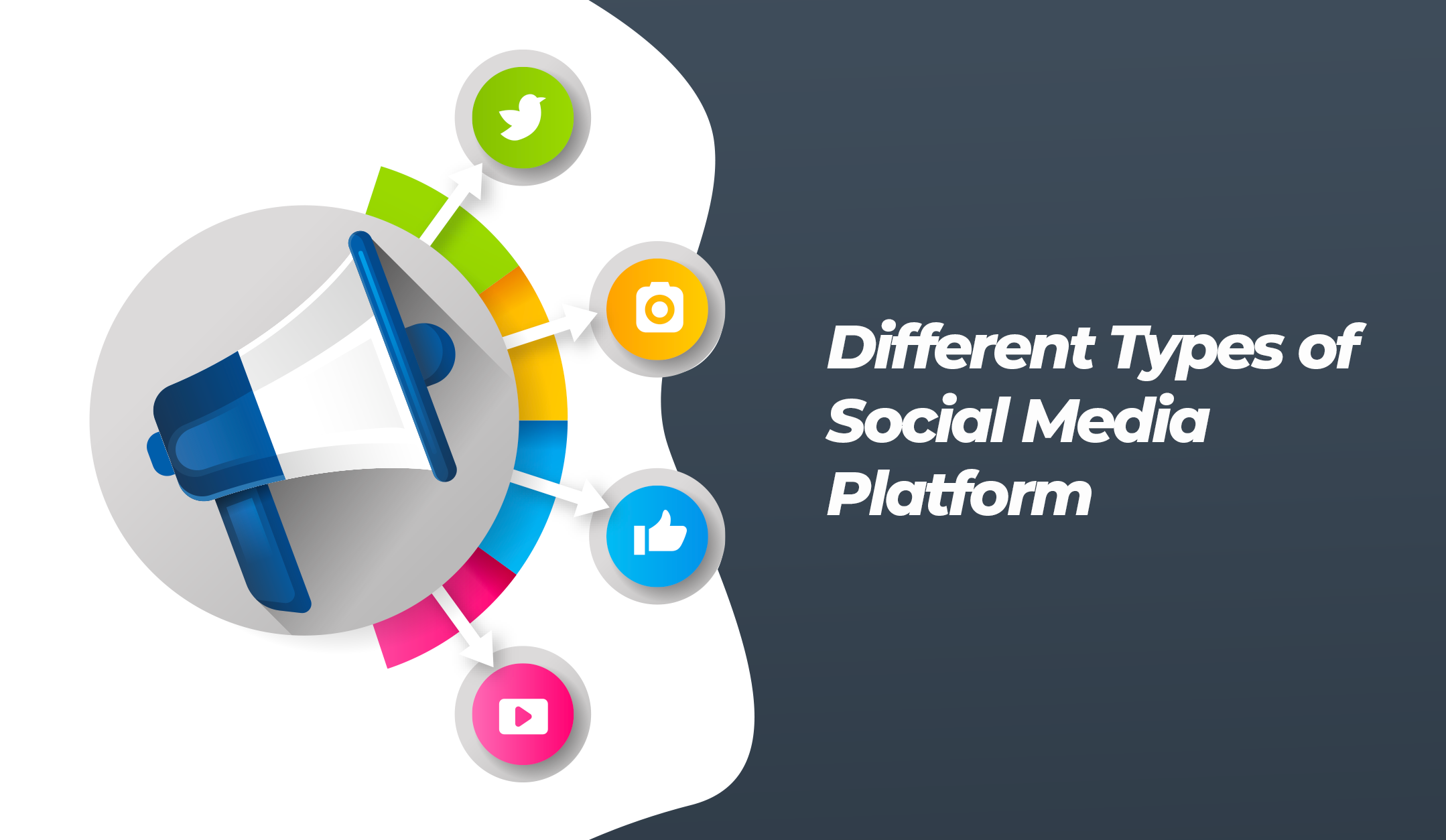
If you're interested in using content marketing to grow your business, you need to develop a strategy for achieving your goals. A content calendar, KPIs, and goals should be set to guide content marketing. These steps will help to identify who you want to reach and how to deliver content. Once you have these steps you can plan the steps you need to take to get there.
Creating a content marketing strategy
Successful content marketing strategies include developing an editorial schedule and scheduling regular content. This involves planning out what content will appeal to your target audience, identifying their needs, and writing quality for each piece. One key component to a successful marketing campaign is consistency. Having enough content to publish on a regular basis will help you maintain a constant stream of new content. You must also take into consideration your audience's age and stage as well as their different devices.
Setting SMART goals
When planning your content marketing strategy, setting SMART goals for your strategy is vital. As a rule of thumb, SMART objectives should be specific, measurable and achievable. This framework will help to track your progress and measure the success of your efforts. It is important to set goals that are achievable and challenging. It's also important to make them time-bound to help you stay on track.

Definition of KPIs
Metrics are a key part of any content marketing strategy. To track your progress, you can use page views as a simple metric. You can also use page views to segment traffic by channel and determine which channel is driving most traffic. This way, you can see exactly where your efforts are paying off. However, you don't just need to know how many pages were viewed. To truly understand the success of your content marketing, you must also consider conversion rates and other metrics.
Create a content calendar
Creating a content calendar for your business is crucial to creating consistent, high-quality content. This can help you identify topics and trends that are most popular. You can use it to plan how you will publish your content across multiple channels. A content planner can help you better manage your content production process. A content calendar can help you spot gaps in your content marketing strategy, and alert you to good copy before you start writing. It's also an effective way to track your content output and identify opportunities for collaboration.
Attracting new members
A well-planned content marketing strategy will attract new customers to your website and improve your sales. Content marketing can take many forms, including videos, articles and photographs. The strategy defines which of these forms of content will be most beneficial for your business and which ones won't. Your content distribution channels and goals can be defined. Your content should be helpful to your target audience in order for you to attract people. We'll be discussing the benefits of using content marketing in the paragraphs below.

FAQ
What are the differences between content strategies?
Content strategy can be described as a broad term that covers all aspects of creating, managing, distributing, measuring, and optimizing content for digital channels. It's not just what you publish on social media sites such as Facebook and Twitter but also what you choose to highlight on your website, blog, and other online properties.
Content strategy is essential because it helps you determine where to focus your efforts, what content type you should use and what messages you want to send.
It's all about understanding how content fits into your overall business goals and objectives in order to help achieve them.
Does content marketing require a large budget?
It depends on your business size and stage. Small businesses often begin without the necessary resources. They realize, however that as they grow, a strong content marketing strategy will improve sales and customer engagement.
A content marketing agency or freelancer can provide a broad range of tools, expertise and support. These professionals can identify issues and opportunities in your organization to help guide your content marketing program.
A good content marketing strategy will give you enough money to cover production costs while allowing you to invest in other parts of your business.
How can you create quality content?
Great content can only be created if you write about something you are interested in. If you want to be successful at writing, you need to find topics you are passionate about. This is about finding your passion and then sharing it with others. It is easy to write for oneself, but writing for others will make it much more enjoyable.
Statistics
- In fact, would pay more for a better customer experience, and 86% of B2B buyers would pay more. (neilpatel.com)
- Progress indicators (0–100%) allow each team member to see how attainable each goal is and understand what remains to be accomplished. (semrush.com)
- An example of an overarching goal could be: "In 2022, we want to achieve a 20% increase in revenue created by organic content and generate 15,000 MQLs with a budget of $30,000." (semrush.com)
- According to the Content Marketing Institute, 70% of B2B marketers and 86% of B2C marketers surveyed use content marketing in some form or other. (criteo.com)
- Content marketing produces 3X more leads per dollar spent. Content marketing costs 62% less than traditional marketing. (criteo.com)
- According to research compiled by Coschedule: Companies that publish 16+ blog posts a month get as much as 3.5x as much traffic as those that publish 0-4 posts a month. (criteo.com)
- We found that 40% of businesses don't have a documented strategy yet. (semrush.com)
- According to our research, 65% of companies with very successful content marketing in 2021 ran content audits at least twice a year. (semrush.com)
External Links
How To
What are the best content-marketing platforms?
Every industry is different, so there's no single platform that will work for everyone. But most industries have at the very least one tool they like to use. For example, Hubspot has been proven to increase conversion rates by almost 50%, so its software is widely used among marketers.
However, not all tools will be the same. Some tools are better at tracking analytics, others enable easier collaboration between different departments, and others provide features such as A/B Testing that may increase your content-marketing ROI.
Consider the following before you make a decision about a particular platform: What are the pros/cons of each? Will it meet my needs now? And what about in 2 Years?
Entrepreneur Magazine has identified the top five content marketing platforms.
Marketo Content Studio #1 Content Marketing Platform
Marketo is a provider of enterprise social media management software. It offers a suite of products and services, including CRM software, social publishing tools, and analytical dashboards.
A content studio is also available that allows businesses to access a collection of pre-made graphics and templates that can be customized into custom designs.
This means you don’t have to spend hours creating new graphics or writing new content. Instead, you can instead focus on creating compelling content that speaks directly and effectively to your target audience.
Marketo allows you to easily add images and videos to your blog posts. This is one of the reasons Marketo has been so successful. This improves the visual appeal of your posts and encourages readers to engage with them.
The downside is that if you want to edit your video or image files, you'll have to upload them to Marketo first.
Content Marketing Platform#2: Trello
Trello can be compared to Kanban boards for project management. Both provide lists of tasks which can be assigned to users and monitored for progress.
Trello lets you set up boards for each person on your team and assign specific responsibilities. It also provides a convenient workflow for sharing information between workers.
However, unlike Kanban boards, Trello doesn't require any special software to run. You can use Trello on any device.
Trello allows you to invite others to collaborate on projects, without sharing sensitive data.
This allows you create a private group and give only the most essential details to those who must know them in order to complete a task.
Google Suite - Content Marketing Platform 3
Google offers many products that are specifically tailored for business owners. Google's G Suite offers Google Docs and Sheets as well as Slides and Slides.
This application is not free. Each user must be paid individually. But if you plan to use them for multiple purposes, many plans start at $5 per month.
You would need two licenses if you wanted to create a document or embed a link from another site.
However, if only one document is needed, you will be able to create it free of charge.
A significant advantage of using Google tools is that they integrate well with other apps like Gmail. Google tools allow you to easily email documents and save data in Google Drive.
Content Marketing Platform 4: Hubspot
HubSpot is a highly popular web-based marketing tool that offers plenty of functionality.
Through its platform, users can manage different aspects of their websites, landing page, and blogs. They can, for example, create automated emails to track conversions.
HubSpot is also integrated with Salesforce and WordPress, meaning you can connect all three platforms.
HubSpot's integration with over 200 third-party apps is one of the best features. This allows you to automate processes and create reports based upon real-time data.
Although HubSpot won't allow you to publish content directly, you can export it in many formats, including HTML and PDF.
HubSpot has a free version that allows you to test pricing. But once you upgrade to the paid account, you get unlimited access to everything.
HubSpot is the best blog platform and eCommerce solution. Get started today!